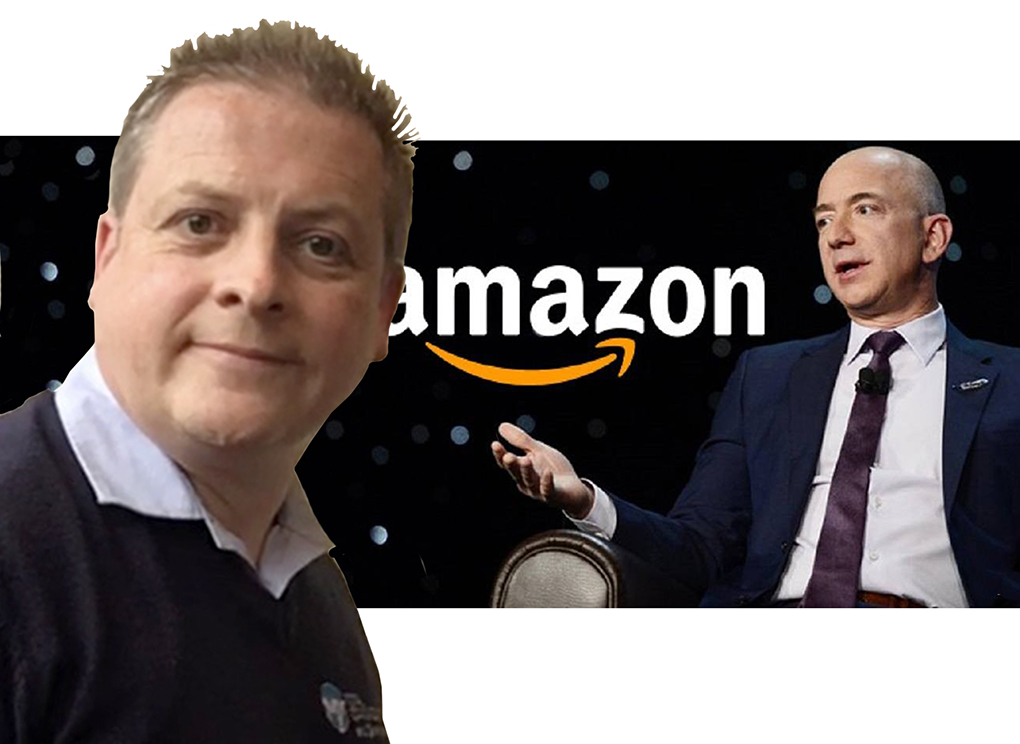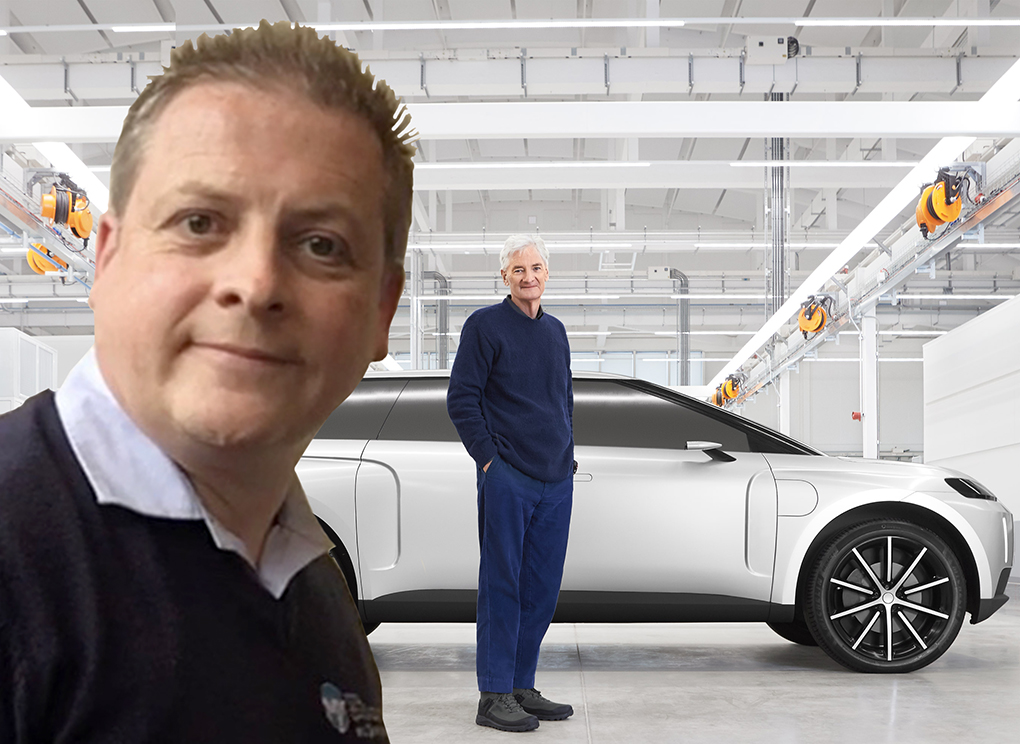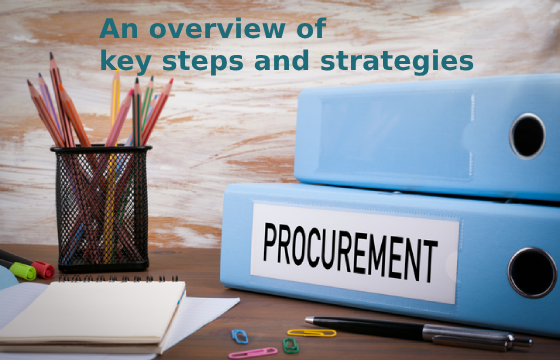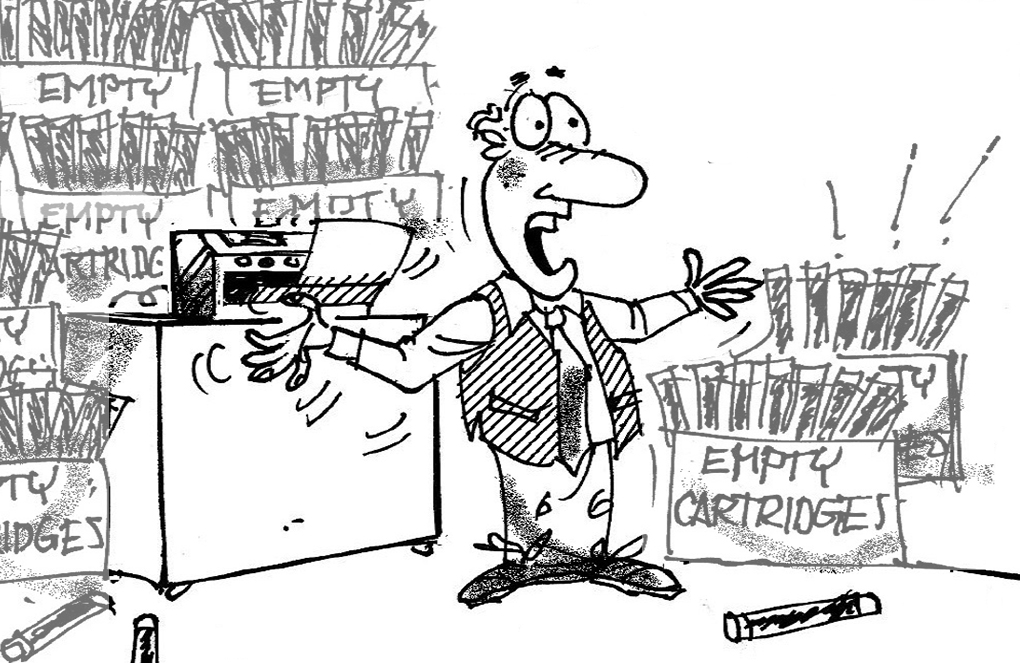Amazon is Not All That Bad but …
Amazon is Not All That Bad but …
 During the first lockdown (the severe one, where most retail outlets had to close) I wrote a couple of articles about the impact that Amazon was having (particularly) on physical stores.
During the first lockdown (the severe one, where most retail outlets had to close) I wrote a couple of articles about the impact that Amazon was having (particularly) on physical stores.
Although the stuff I wrote about at the time is true, I’ve recently learnt there is another side to Amazon that most people aren’t aware of, and it’s given me a different perspective.
Whether you like him or not Jeff Bezos is one of the most successful entrepreneurs in history, driven by a single-minded focus to provide the highest consumer experience to every person associated with the company.
Back in 1994, Bezos took a huge risk by quitting his highly paid and successful career as a head fund manager, to start up an online bookstore. Most people thought it was a crazy idea.
Bezos went on to build a web retailing system while the world was still wondering what the internet was, and how it could function for them.
The key focus for Amazon has never been to defeat competitors. It focuses on helping consumers and building value for them. This keeps the consumers coming back and keeps Amazon engrossed in a desire to continuously develop and implement improved plans and policies.
Bezos in his Amazon annual shareholder letter describes his vision, in part detailed here:
“From very early on in Amazon’s life, we knew we wanted to create a culture of builders – people who are curious, explorers. They like to invent. Even when they’re experts, they are “fresh” with a beginner’s mind. They see the way we do things as just the way we do things now.”
“A builder’s mentality helps us approach big, hard-to-solve opportunities with a humble conviction that success can come through iteration: invent, launch, reinvent, relaunch, start over, rinse, repeat again and again.”
“They know the path to success is anything but straight. It’s critical to ask customers what they want, listen carefully to their answers, and figure out a plan to provide it thoughtfully and quickly (speed matters in business!).”
“No business could thrive without that kind of customer obsession. But it’s also not enough. The biggest needle movers will be things that customers don’t know to ask for. We must invent on their behalf. We have to tap into our own inner imagination about what’s possible.”
It was never about the money for Bezos because he knew if they delivered against this vision the money would appear as a by-product of such inspiring work.
Personally, thirty years later, I think he’s nailed it, which is why (in my opinion) he retired as CEO of Amazon in July 2021. With this parting message:
“Today, we employ 1.3 million talented, dedicated people, serve hundreds of millions of customers and businesses, and are widely recognized as one of the most successful companies in the world,”
“Invention is the root of our success. We’ve done crazy things together, and then made them normal.”
“We pioneered customer reviews, 1-Click, personalized recommendations, Prime’s insanely-fast shipping, Just Walk Out shopping, the Climate Pledge, Kindle, Alexa, marketplace, infrastructure cloud computing, Career Choice, and much more.”
“If you get it right, a few years after a surprising invention, the new thing has become normal. People yawn. And that yawn is the greatest compliment an inventor can receive.”
“I don’t know of another company with an invention track record as good as Amazon’s, and I believe we are at our most inventive right now. I hope you are as proud of our inventiveness as I am. I think you should be.”
Over the years Bezos and Amazon have experienced bad press, some justified and some not. And I’ve recently learned more about the press that was not justified, which people believed due to the media’s creative license. This is why Bezos bought the Washington Post (in my opinion), giving Amazon an outlet to put some of these miss truths right.
Although it wasn’t always like this, Amazon now generates huge revenues and profits, most people believing (including me) it is to the demise of hoards of small retail businesses.
Yes (although I can’t quantify it) I’m sure many small retail businesses have struggled to compete with Amazon, with some going out of business.
But this isn’t the whole story. On the flip side, Amazon helps small businesses become successful through their ‘marketplace’ platform. Where retail companies can use the huge customer base and branding of Amazon to sell their own products and services. Either delivered from an Amazon warehouse or direct by a third-party retail business.
In 2020 the revenues produced by these small to medium retail companies selling through Amazon Marketplace was a massive $80 billion, proving they are heavily invested in helping other retailers.
Another surprising fact learnt about Amazon and Bezos is their approach to their employees pay. Back in 2010, the minimum pay rate in North America was $7.25 and, in the UK, it was £5.93.
Amazon encountered backlash because they only paid minimum wage and this wasn’t enough for their employees to support their families, coupled with strict working practices.
Amazon had been discussing wage increases for some time, way before members of the US government got involved with the campaigns against them.
Unbeknown to their employees and the US government, they had already agreed to increase the entry wage to a huge $15 an hour (£9.50), but the thing they couldn’t agree on, was the time period to stage incremental increases before they reached this figure.
Once Bezos was made aware of their dilemma, he quickly assessed the monetary impact on the organisation, he made the decision to implement the $15 an hour (£9.50) immediately, as the goodwill and great PR would negate this, whilst providing a huge benefit to employees immediately.
We operate an office technology and supplies business, which initially was affected by Amazon.
It’s not necessarily about the prices on Amazon, as most of the time, they are a little more expensive (we find) than elsewhere.
It’s more to do with the service, and how clever they’ve been signing up over 200 million (UK 10 million) global Amazon Prime subscribers, who received media (TV) products and free next day (sometimes same day) delivery on many of their products. They make it so easy for customers.
So how do you compete against them? Two things really…
If you want to compete directly on a transactional product-based model. You must deliver things fast and free. At least the next day, if not the same day.
This is much easier to do if your market is local and you conduct the deliveries yourself. But the next day can still be achieved in the UK by using couriers if you build enough profit into your pricing model to allow for the delivery costs.
Take us as an example, we only operate across two counties in the UK (Lancashire & Greater Manchester), so it’s easy to offer a free same day / next day delivery service on office stationery and printer cartridges.
If someone places an order before 11am and we have the item in stock, we’ll deliver it the very same day. If it’s out of stock (but we can get it from the wholesaler tomorrow) we’ll deliver it the next day.
But the other thing you must do is assess what Amazon can’t do, in relation to the products you supply. And then build a business model around it.
Again, let’s take ourselves as an example. We could have continued just selling printer cartridges and office stationery, letting Amazon and other online retailers dictate our pricing and delivery model.
Instead, we decided to build service-based products, which Amazon can’t replicate, as they don’t have specialist service teams to support the products developed. In conjunction, we’ve created subscription-based pricing models, which include the required technology, consumables, spares, and service. Meaning our customers have total peace of mind everything’s covered.
Yes, we still deliver products on the same day or the next day. Today though, most of our revenues come from subscription-based office technology services with lifetime warranties. Things like multifunction print and scan solutions, internet phones and refurbished laptops bundled with Office 365.
…Amazon is not all bad, but as retailers, it makes sense to develop things they can’t provide.
 Darren Turner’s imaging business success story began in 2003 when he opened a retail store in the UK selling printer supplies to home users & small organisations. Since then he has moved into a business unit, grown his team and continued to adapt to match his customers’ changing needs. He has developed a ‘fit for purpose’ office products and solutions business model that provides certainty of cost and service for small businesses, charities and schools—thus providing them complete peace of mind.
Darren Turner’s imaging business success story began in 2003 when he opened a retail store in the UK selling printer supplies to home users & small organisations. Since then he has moved into a business unit, grown his team and continued to adapt to match his customers’ changing needs. He has developed a ‘fit for purpose’ office products and solutions business model that provides certainty of cost and service for small businesses, charities and schools—thus providing them complete peace of mind.
Darren Turner’s imaging business success story began in 2003 when he opened a retail store in the UK selling printer supplies to home users & small organisations. Since then he has moved into a business unit, grown his team and continued to adapt to match his customers’ changing needs. He has developed a ‘fit for purpose’ office products and solutions business model that provides certainty of cost and service for small businesses, charities and schools—thus providing them complete peace of mind.
He has become a trusted advisor for small organisations across the world. Turner invites you to chat with him about your business, reaching out to him on LinkedIn, email or on the phone at +44-7887-548523. Especially on this topic: “Amazon is Not All That Bad but …”
Read his other posts and blogs:
- Amazon is Not All That Bad but …
- Why You Need to Transition Like Netflix
- Why We Chose to Build a Subscription Business
- Lucky Punch or Perfect Business Plan?
- Change or Die: Why Every Business Needs to Evolve
- What Lessons can Apple PanAm and Polaroid Reveal?
- Who Will We Sell To When the Machines Take Over?
- How the Rolling Stones Found their Satisfaction
- Shake Up Your World the Murakami Way
- Lead your Team like Genghis Khan: an 11-step guide
- Growing Your Business Like Post-war America
- The Matteo Ricci Strategy to Find Middle Ground
- Giving the Shirt Off Your Back for Quality Price and Ethics
- Good Business Needs Good Writers Too
- Butterflies Bumblebees and Shapeless Boxing
- The Martial Art of Fighting for your Business
- Walking the Plank with Pirates
- Resilience is Knowing When Not to Quit
- My View on the Future of the Print Technology Industry
- Planes Trains and Automobiles (and bicycles)
- Why Procrastinate Today When You Can Put it off Until Tomorrow
- Planting Trees as an Office Solution
Please leave your comments below about Darren’s post “Amazon is Not All That Bad but …”








Leave a Comment
Want to join the discussion?Feel free to contribute!